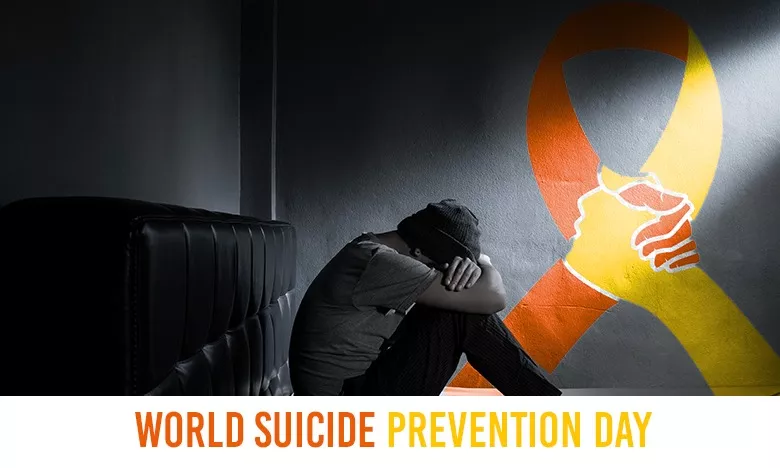Today, on World Suicide Prevention Day 2024, we are reminded of the critical importance of mental health and the role we all play in supporting those we love. Suicide is a global crisis, with over 700,000 lives lost each year, but the tragedy runs deeper than statistics. Behind each number is a story, a family, and a network of friends who may not have known the depths of someone’s pain. By harnessing data analytics, data science, and statistical analysis, we can better understand patterns, identify risk factors, and create targeted interventions—transforming raw numbers into actionable insights that save lives and foster a more compassionate, informed society.
The phrase “Check in on your friends and family” is more than just a catchy reminder—it’s a lifeline. Sometimes, all it takes is a small gesture to help someone realize they are not alone.
Why It Matters to Check In
One of the biggest challenges facing individuals struggling with mental health is the feeling of isolation. Depression, anxiety, and suicidal thoughts often create a sense of overwhelming loneliness, leading many to believe that no one cares or understands what they’re going through. When you reach out, you are letting your loved ones know they are seen, valued, and not forgotten.
How to Check In
Checking in doesn’t require long conversations or expert-level understanding of mental health. It can be as simple as:
Sending a text message asking, “How are you, really?”
Offering to meet up for a coffee or a walk.
Giving them a call just to let them know you’re thinking about them.
Sharing a personal experience that might help them feel less alone.
Often, people hesitate to reach out because they don’t want to “bother” others with their problems. By making the first move, you’re showing that their well-being matters to you. Sometimes, your initiative can be the nudge they need to open up about their struggles.
Signs to Look Out For
While some people are vocal about their challenges, many hide their pain behind a mask of normalcy. Look out for subtle changes in behavior, such as:
Withdrawal from social activities or a loss of interest in things they used to enjoy.
A noticeable drop in energy or motivation.
Expressions of hopelessness or feeling like a burden to others.
Changes in sleeping or eating patterns.
Increased use of alcohol or substances as a coping mechanism.
If you notice any of these signs, it’s important to reach out with care. Let them know that you are there to listen and that you are concerned about their well-being.
What to Do if Someone is Struggling
If someone opens up to you about their mental health, don’t panic. You don’t have to have all the answers. Listen without judgment, offer reassurance, and encourage them to seek professional help if needed. In some cases, you may need to assist them in finding the right support, such as a therapist, counselor, or helpline.
It’s also important to remember that you are not responsible for fixing everything. Being a supportive presence is enough. If you ever believe someone is in immediate danger, don’t hesitate to contact emergency services or a suicide prevention hotline.
On this World Suicide Prevention Day, let’s make a habit to check in on our friends and family more often. It might feel like a small step, but it could be the difference between life and death for someone you love. We all have the power.

